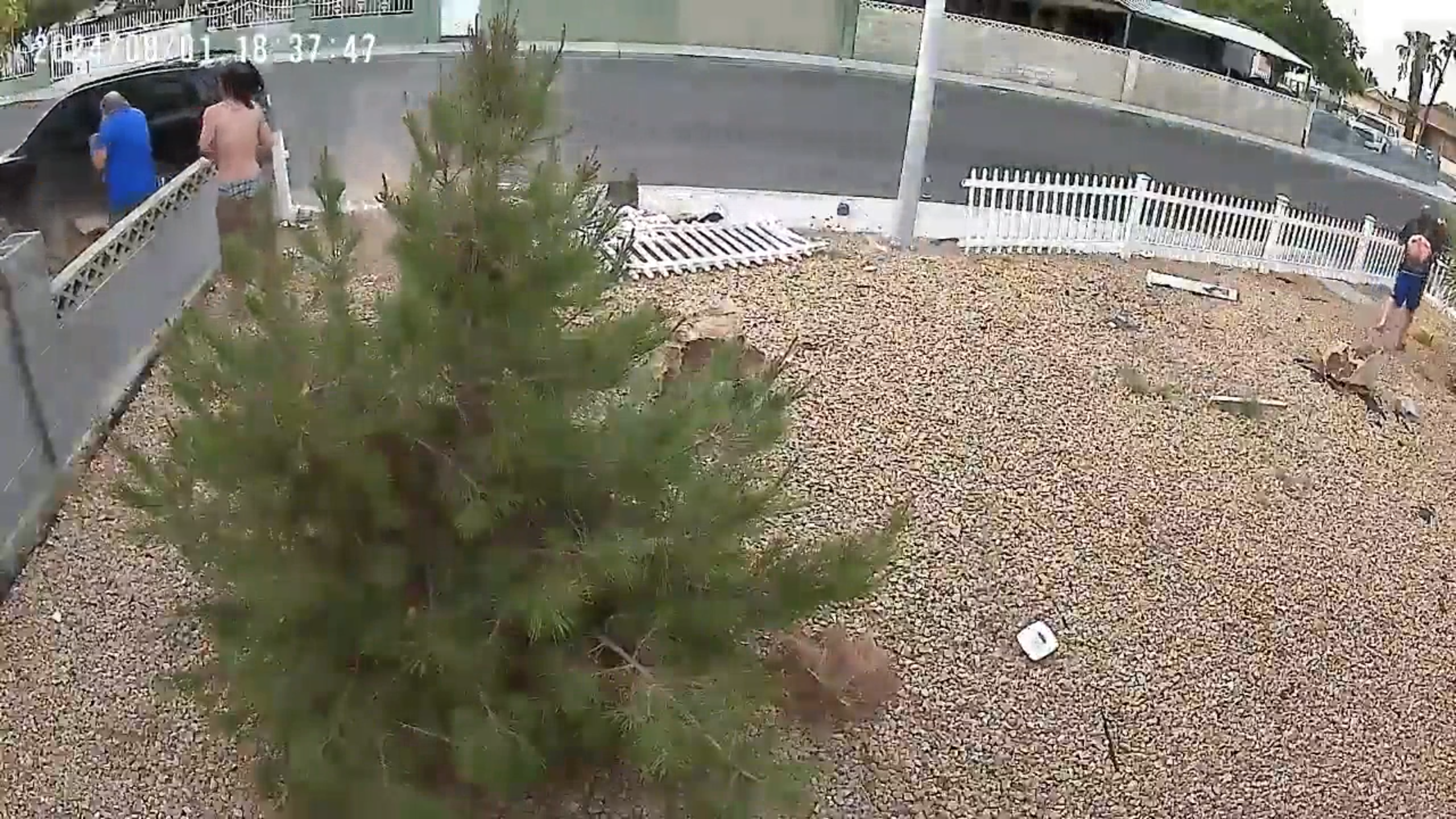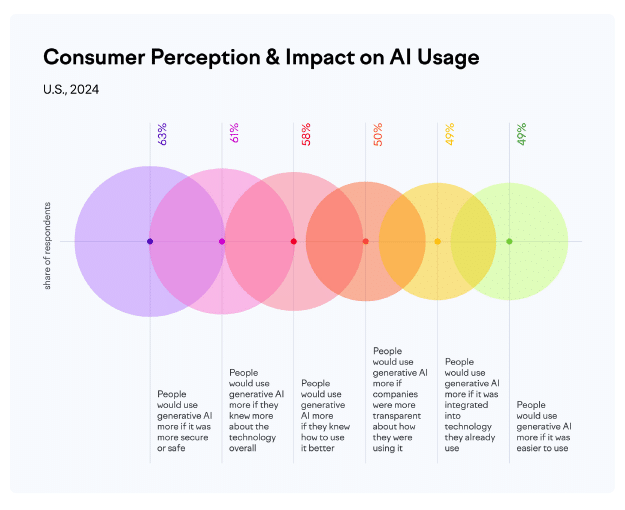The Adnan Syed murder case in Maryland illustrates systemic problems in the American criminal justice system.
A March 28, 2023 decision by the Appellate Court of Maryland (previously the Special Court of Appeals of Maryland) continues the horrific saga of injustice that Syed has endured since his arrest for the murder of an 18-year-old high school student, Hae Min Lee, in Baltimore in 1999.
What happened in 1999?
Lee’s body was discovered in a shallow grave on February 9, 1999, in Baltimore’s Leakin Park. A subsequent autopsy revealed she died by strangulation.
17-year-old Adnan Syed became an initial suspect in Lee’s murder because he had dated her through most of 1998.
The police investigation into Syed actually began just three days after Lee’s body was discovered when authorities received an anonymous telephone call informing them that Syed killed Lee because he was “angry” over their romantic breakup.
Syed was arrested for Lee’s murder on February 28, 1999.
The arrest came after detectives accessed Syed’s cell phone records which showed he called two individuals, Jay Wilds, and Jennifer Pusateri, after Lee’s disappearance on January 13, 1999.
Police questioned both.
Wilds confessed to detectives that he had helped Syed bury Lee’s body, and Pusateri told detectives that Wilds had confided in her about his role in burying Lee’s body.
Syed was then formally charged with Lee’s murder.
His first trial ended in a mistrial in December 1999 after jurors overheard a remark by the trial judge calling Syed’s defense attorney “a lair.”
A second trial, conducted in February 2000, resulted in Syed being convicted of first-degree murder, kidnapping, false imprisonment, and robbery.
He was sentenced to life imprisonment in June of that year.
His automatic direct appeal was denied by the Appellate Court of Maryland in March 2003.
Timeline Post Conviction
The following is a timeline of the post-conviction events that have taken place in the Syed case:
- In May 2010, Syed filed a post-conviction application with nine claims challenging the legality of his conviction in the Baltimore trial court.
- After conducting a two-day evidentiary hearing, the trial court denied all nine claims for post-conviction relief in January 2014.
- Syed timely sought leave to appeal the post-conviction denial to the Court of Special Appeals of Maryland which was granted in February 2015.
- The appeals court remanded the case in May 2015 for further proceedings based on an affidavit Asia McClain, a potential alibi witness.
- Pursuant to that remand order, the trial court conducted a five-day evidentiary hearing in February 2016 after which it granted Syed a new trial based on ineffective assistance of counsel.
- In August 2016, the State filed a timely notice of appeal in the Court of Special Appeals seeking review of the new trial order. The appeals court agreed to hear the state’s appeal.
- In March 2018, appeals court adopted the trial court’s finding that Syed was entitled to a new trial.
- In March 2019, the Court of Appeals of Maryland, in a 4-3 decision, reversed the appeals court’s new trial order and reinstated Syed’s conviction, even though the court found that Syed had received ineffective assistance but was not “prejudiced” by it.
- That same month—March 2019—HBO began to air a four-part series, “The Case Against Adnan Syed.” That documentary offered the finding that DNA tests conducted at the request of Syed’s new attorneys did not find anyone else’s DNA on Lee’s body or her personal belongings.
- In November 2019, the U.S. Supreme Court declined to review the Court of appeals’ narrow decision.
That did not end the Syed case’s demand for justice.
A free man and the case of “Actual Innocence”
The Adnan Syed case drew national and international media attention as evidence of his innocence continued to mount. Syed’s attorney—Erica Suter with the Baltimore Public Defenders’ Office and the Baltimore University’s Innocence Project—convinced the Baltimore State’s Attorney’s Office in 2021 to reopen the case on the issue of “actual innocence.”
While that combined year-long investigation did not conclusively reach an actual innocent finding, it did uncover serious Brady violations in the prosecution of Syed, as well as significant new information about two other individuals’ involvement in Lee’s murder. Further, the investigation developed serious reliability issues concerning critical pieces of evidence used to prosecute Syed.
These serious factual findings and prosecutorial flaws was enough for the State’s Attorney’s Office to file a motion on September 14, 2022 to vacate Syed’s conviction.
The motion stated that “the interests of justice and fairness” demanded a new trial, especially since the State’s Attorney’s Office had lost “confidence in the integrity of [Syed’s] conviction.”
Five days later Baltimore Circuit Court Judge Melissa M. Phinn granted the state’s motion and ordered a new trial in the case.
Adnan Syed walked out of the courthouse on a personal recognizance bond.
The following month, October 11, the State’s Attorney’s Office dismissed all charges against Syed following a one-minute court hearing. He was effectively a free man.
It was at this point that the Syed case took one of the most bizarre turns in the annals of law.
The bizarre path to a conviction on hold
Young Lee, Hae Min Lee’s brother, immediately filed motions in both trial court and the Appellate Court of Appeals permissible under Maryland law to stay any further proceedings in the case because he had not been given “adequate notice” to appear at the September 14, 2022 hearing to speak against the motion to dismiss.
What governmental interest is served by letting a crime victim’s relative have a voice in a legal proceeding in which serious constitutional violations are at issue is beyond normal comprehension. The September 14 hearing had nothing to do with either the victim or her relatives.
The legal purpose of that hearing was to put in the trial record compelling evidence that the State of Maryland had engaged in serious prosecutorial misconduct to convict Adnan Syed for Hae Min Lee’s murder.
After some preliminary procedural wrangling, the Appellate Court of Maryland ruled that Young Lee’s victims’ rights had been violated in the trial court proceedings which led to the reversal of Syed’s convictions for constitutional violations.
The appeals court specifically held:
“Therefore, we vacate the circuit court’s order vacating Mr. Syed’s convictions and sentence, which results in the reinstatement of the original convictions and sentence. We remand for a new, legally compliant, transparent hearing on the motion to vacate, where Mr. Lee is given notice of the hearing that is sufficient to allow him to attend in person, evidence supporting the motion to vacate is presented, and the court states its reasons in support of its decision.”
It is reasonable for crime victims to be kept apprised of all legal proceedings prior to the trial of an offender, and they should have a voice at sentencing hearings, but, with all due respect to the Maryland legislature and its constitutional protection of victims’ rights, the family of a crime victim should not have any voice at a hearing to determine whether an offender’s fundamental constitutional rights have been violated.
The constitutional Rule of Law is more important—dare it be said more sacred—than any revenge-seeking interests a crime victim or a crime victim’s survivor may have in determining how the Rule of Law should be applied.
The police cannot beat or torture a confession out of a guilty offender; the police cannot seize incriminating evidence from a guilty offender’s home without a warrant; and the prosecution cannot lie, cheat, suppress evidence, or use perjured testimony. The U.S. Constitution safeguards the rights of all people, guilty or innocent.
That is the essence of the Rule of Law.
Crime victims and/or their survivors, as a rule, do not care if these constitutional violations take place. They have one interest: convict the wrongdoer at any cost and punish them to the fullest extent of the law.
Whether or not Adnan Syed killed Hae Min Lee is not the issue anymore. The issue, and the only issue now, is whether or not the Rule of Law was violated by the State of Maryland in convicting him.
Adnan Syed’s conviction is now on hold as the Maryland Supreme Court decides whether to hear his appeal of the lower court ruling.
Whatever the outcome in the Syed case, Young Lee’s revenge should not play a role in it.
Billy Sinclair spent 40 years in the Louisiana prison system, six of which were on death row. He is a published author, an award-winning journalist (a George Polk Award recipient) and the co-host with his wife Jodie of the criminal justice podcast, “Justice Delayed.”











